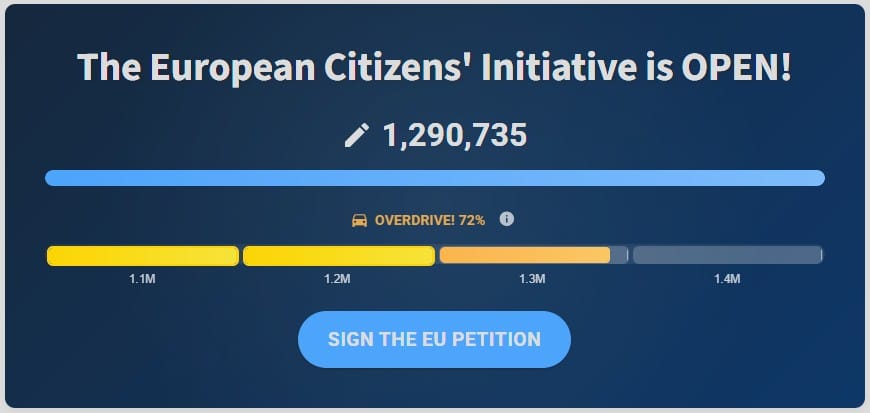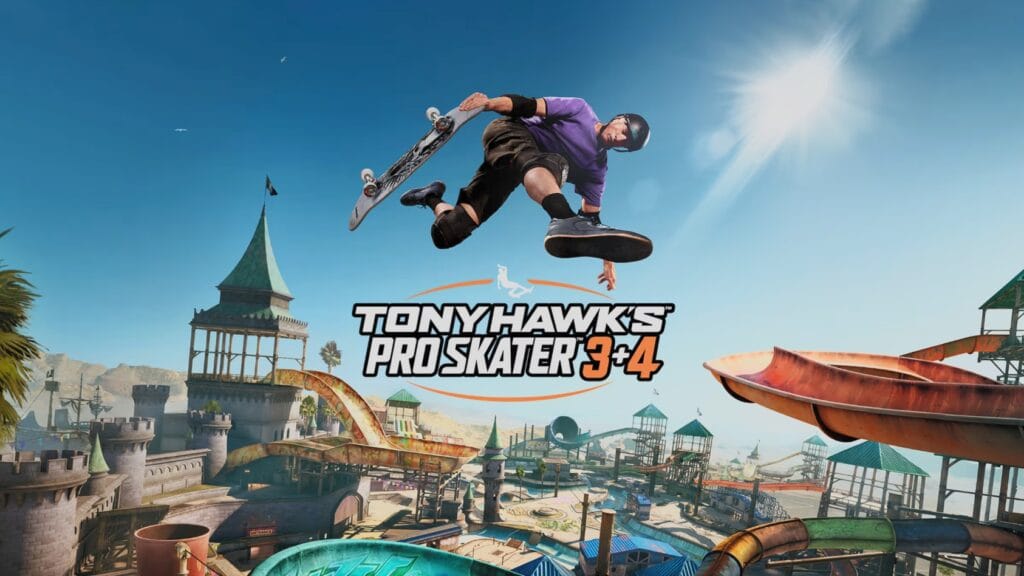The gaming industry has experienced one of its most turbulent weeks in recent memory, with Microsoft announcing devastating layoffs, the Stop Killing Games campaign achieving a major milestone, and several significant game releases marking the middle of July 2025. This week has highlighted both the industry’s ongoing challenges and its resilience in the face of change.
Table of contents
Microsoft’s Devastating Gaming Division Restructuring

The Scale of the Layoffs
Microsoft delivered shocking news on July 2nd with the announcement of approximately 9,000 layoffs across its global workforce, representing about 4% of the company’s total employees. This marks Microsoft’s fourth round of major layoffs in just 18 months, with the Xbox division bearing significant impact. The gaming division was particularly hard hit, with multiple studios facing closure and high-profile projects being canceled.
Studio Closures and Game Cancellations
The restructuring has resulted in several major casualties within Microsoft’s gaming portfolio. The Initiative, Microsoft’s first-party studio responsible for the Perfect Dark reboot, has been permanently closed, leading to the project’s cancellation. Rare, the legendary developer behind franchises like Banjo-Kazooie, suffered significant cuts including the departure of creative director Gregg Mayles after 35 years with the company, alongside the cancellation of Everwild.
Turn 10 Studios, responsible for the Forza Motorsport series, experienced devastating cuts with nearly 50% of its workforce eliminated. The studio has effectively been transformed into a support studio for Forza Horizon. Additional impacts include layoffs at ZeniMax Online Studios, where long-time studio head Matt Firor departed after 18 years, and the cancellation of an unannounced MMO codenamed “Blackbird”.
King, the mobile gaming division known for Candy Crush, cut approximately 200 employees, representing 10% of their workforce. Multiple studios associated with the Call of Duty franchise, including Raven Software and Sledgehammer Games, also experienced job reductions.
Industry Response and Context
Xbox CEO Phil Spencer explained in an internal memo that these cuts were necessary “to position Gaming for enduring success and allow us to focus on strategic growth areas”. The layoffs reflect broader industry struggles, with surveys indicating that one in ten game developers was laid off in the past year. Despite record engagement with over 3 billion players worldwide and revenues of around $184 billion in 2024, studios are grappling with post-pandemic market corrections and rising development costs.
EA Japan’s general manager Shaun Noguchi criticized the layoffs, calling them representative of overseas companies’ increasing tendency to prioritize short-term results to please shareholders. The gaming industry has seen an estimated 35,000 jobs lost from 2022 to May 2025, with major job cuts at companies including Embracer Group, Unity Technologies, Electronic Arts, Sony Interactive Entertainment, and Epic Games.
Stop Killing Games Campaign Reaches Major Milestone

Campaign Success and Momentum
The Stop Killing Games initiative achieved a significant victory this week, with the European Citizens’ Initiative surpassing 1 million signatures on July 3rd, just one day after the UK Parliament petition reached 100,000 signatures. The campaign currently has 1.25 million signatures, though they still need to be validated before the European Commission will consider the issue.
Campaign Goals and Industry Response
The Stop Killing Games movement opposes publishers making games unplayable at the end of their life cycle, arguing that when companies decide to discontinue online games, they effectively “destroy all working copies of the game”. The campaign seeks to make it illegal to publish games that players can buy and then lose access to at an unspecified later date.
The initiative has faced opposition from Video Games Europe, an industry lobbying group that includes Nintendo, Sega, Microsoft, and Square Enix in its membership. The organization argues that discontinuing online services “must be an option for companies when an online experience is no longer commercially viable” and that private servers are not always viable alternatives due to security and liability concerns.
Impact on Game Preservation
The campaign was sparked by Ubisoft’s shutdown of The Crew, a racing game that required constant internet connection despite being mostly single-player. According to a spreadsheet published by campaign organizer Ross Scott in May 2025, 68% of 731 online-only games were either unplayable or at risk, with only 16 games being made playable after discontinuation by developers.
Major Game Releases This Week

Nintendo Switch 2 Exclusives
July has seen several significant releases for the Nintendo Switch 2, continuing to build the console’s library following its successful June launch. Donkey Kong Bananza, launching July 17th, represents DK’s first solo 3D adventure in decades, developed by the team behind Super Mario Odyssey. The game features groundbreaking exploration mechanics where players can smash through walls, carve tunnels, and tear off chunks of terrain.
Super Mario Party Jamboree – Nintendo Switch 2 Edition + Jamboree TV launched July 24th, featuring enhanced graphics, improved frame rates, and the new Jamboree TV expansion. The game showcases Nintendo’s new pricing strategy for Switch 2, retailing for $79.99.
Cross-Platform Major Releases

Tony Hawk’s Pro Skater 3 + 4 launched July 11th across multiple platforms including Switch 2, featuring everything from the original games but revamped with new skaters, parks, and an updated soundtrack. The Nintendo Switch 2 version features higher resolution, improved frame rates, and HDR support.
Several other notable releases include Killing Floor 3 (July 24th), which was delayed from March to address fan feedback from the beta. Tales of the Shire: A Lord of the Rings Game finally launched July 29th after several delays, offering a cozy life simulation experience set in Middle-earth.
Industry Conference Activity
The gaming industry has been particularly active with conferences this week. Develop: Brighton 2025 took place July 8-10, bringing together the European game development community. The event featured 13 diverse tracks including a new Performance track, plus free Roundtables and an Indie BootCamp.
Looking ahead, BitSummit 2025 is scheduled for July 18-20 in Kyoto, Japan, showcasing independent game development and featuring over 120 independent games. The Philippine GameDev Expo 2025 will run July 25-27 in Manila, highlighting the growing importance of Southeast Asian game development.
Industry Trends and Future Outlook
Technological Advancements
The gaming industry in 2025 is seeing significant technological evolution, particularly in mobile gaming where AI is driving new levels of personalization and automated content generation. Artificial intelligence is analyzing player behavior in real-time, adapting game complexity and offering relevant purchases. The technology is also enabling automated content development, with AI generating levels, characters, and music.
Market Dynamics
Despite the challenges, surveys show that 77% of game developers anticipate industry growth in 2025, with 90% of studios planning to launch at least one new game this year. The industry is adapting through strategic adjustments, with developers balancing bold creativity with risk mitigation.
Nintendo’s Market Position
Nintendo continues to strengthen its position with the Switch 2’s success, having sold over 3.5 million units worldwide within four days of release. The console’s improved hardware capabilities, including DLSS support, are making it easier for developers to port games previously exclusive to more powerful systems.
The gaming industry this week has demonstrated both its vulnerability to corporate restructuring and its resilience in continuing to innovate and grow. The Microsoft layoffs represent a significant challenge for the industry, while the Stop Killing Games campaign shows growing consumer awareness of digital rights. Meanwhile, strong game releases and technological advancement continue to drive the industry forward, suggesting that despite current turbulence, gaming remains positioned for long-term success.
The coming weeks will be crucial in determining how the industry responds to these challenges and whether companies can maintain growth while addressing fundamental issues facing developers and workers. The success of initiatives like Stop Killing Games and the continued innovation in game development suggest that the industry is actively working to address these concerns while continuing to evolve.